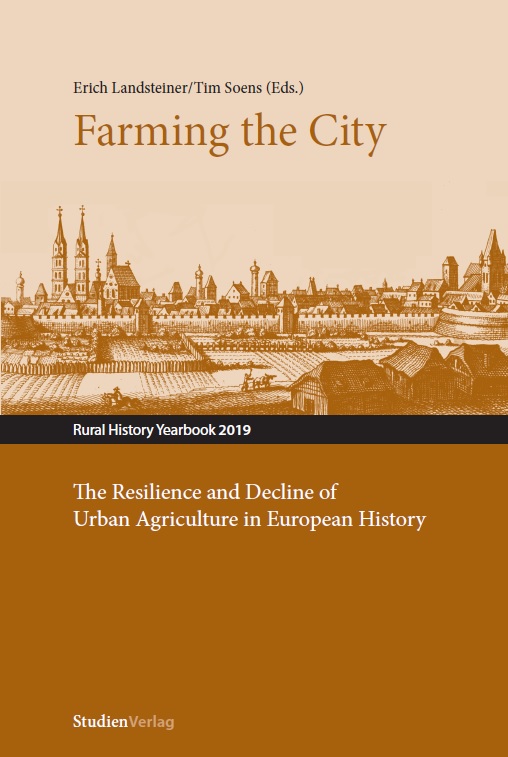Reconciling Tradition and Innovation in Traditional Mountain Cheese Value Chains: The Role of Social Capital
The Case of the Artisanal Serrano Cheese Value Chain in Southern Brazil
DOI:
https://doi.org/10.25365/rhy-2019-11Schlagworte:
tradition, territorial innovation, social capital, mountain cheese value chainsAbstract
Globalised and production-oriented agriculture often leads to the exclusion of rural mountain areas and to the marginalisation of their traditional food value chains, of which cheese is particularly interesting. Important elements for such value chains are the valorisation of the product quality and of traditional know-how. Territorial innovations, defined as a response to a problem identified collectively in a territory, allow adaptation to changes. Reconciling tradition with territorial innovation is central for the resilience of the value chain and social capital is the resource that needs to be mobilised to cooperate and innovate. In this contribution, we analyse the history of the artisanal Serrano cheese in southern Brazil. The aim of this article is to analyse strategies for building a resilient artisanal Serrano cheese value chain by studying the role of social capital in the balance between maintaining traditions and the emergence of territorial innovations. In the results, first, we observe that the peasant families are central actors in maintaining tradition by passing on know-how to the next generations through bonding social capital. Second, the agricultural advisory services (EMATER-RS and EPAGRI-SC) are the central actors in the innovation processes by diffusing technical innovations, but also for the emergence of organisational innovations through the creation of producers’ associations. The associations allow connecting the different actors of the value chain through linking and bridging social capital, necessary for territorial innovation to emerge.


